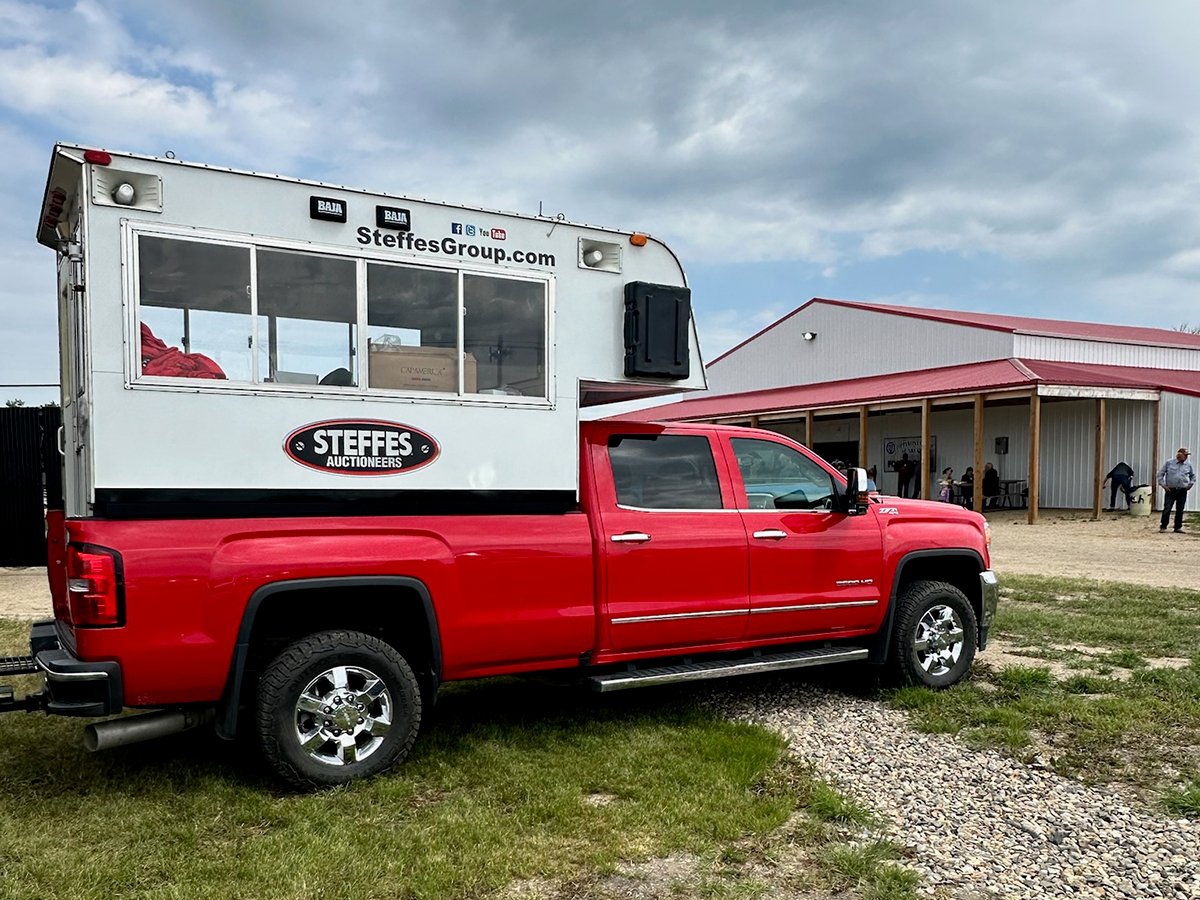When do vows end?
An important part of a marriage vow, and a potentially dangerous part, are the words, “till death do us part.”
It’s an important part of a wedding vow. It’s a commitment to work at and work on the marriage through the normal and the unexpected ups and downs of life. It’s important because it gives people a purpose for making it through those difficult points in the marriage, which are bound to happen, to a lesser or greater degree.
A longtime friend of mine was recently widowed after 30 years of marriage. Before she and her fiance married, they knew he suffered from a progressive debilitating illness, which, in time, would severely restrict his speech and his physical activities, and would lead to him spending many years of his life in a wheelchair, the last years likely bedridden.
Read Also

Farm auctions evolve with the times
Times have changed. The number of live, on-farm auctions is seeing a drastic decline in recent years. Today’s younger farmers may actually never experience going to one.
In making their vows, they made a commitment to hang in together, until death. I respect that couple. Like many couples they maintained their commitment during a long period of illness, which at times exhausted them both.
But this marriage vow is dangerous for many people who are caught up or trapped in an abusive relationship. Their interpretation of their vows, and until recently the same interpretation by many clergy, may lock them into remaining in relationships in which they are physically or emotionally abused. The most cruel thing to say to anyone who has got caught in an abusive relationship is, “now that you’ve made your bed, you’ve got to lie in it.”
Little support
Yet, until recently, this was exactly what churches, families, friends, neighbors and even some professionals used to say to them.
When people become caught in these relationships, they feel, believe or are told that they can’t escape. They need to stay in it, suffering and being mistreated, emotionally or physically, sometimes praying that death will part them, and at times thinking more of their own death than their partner’s.
They may not be physically confined within the relationship, but might as well be. They are emotionally abused or threatened if they talk of leaving, and often don’t know how to get out of their dangerous or unhealthy situation. Some commonly held myths about marriage need to be challenged:
Myth 1: Children will suffer if you separate from your partner.
Fact: Children suffer when they have to live in a home where a parent is being abused.
Myth 2: That once you marry or live with someone, you lose your rights as a person.
Fact: You only lose rights if you throw them away.
Myth 3: If you separate or leave the relationship, it is over. You don’t get a second chance.
Fact: If your partner won’t accept or recognize he or she is abusing you, and get help, you may have to leave or have him or her leave, to take care of yourself. If you’re told this will end the marriage, it’s most likely a threat.
Myth 4: If you separate or leave a relationship, your partner will track you down, find you and harass you.
Fact: This may happen, but you can use agencies, police and the law to protect yourself.
If you feel trapped in a relationship contact the women’s shelter in your area, police, public health nurse, your family doctor or area mental health worker. You not only have a right, but a responsibility to take care of yourself.














